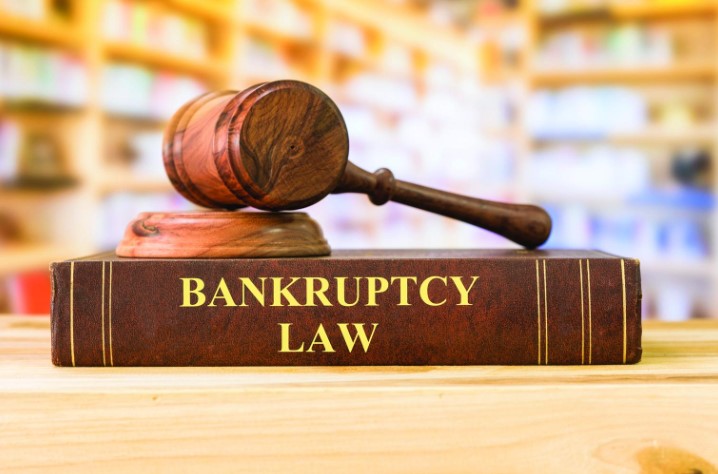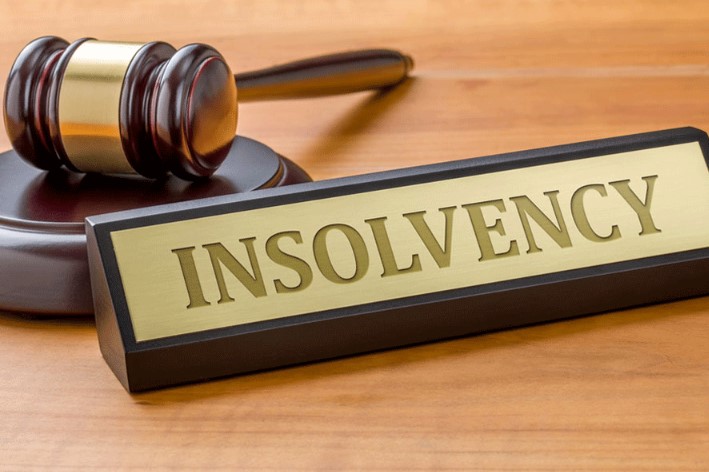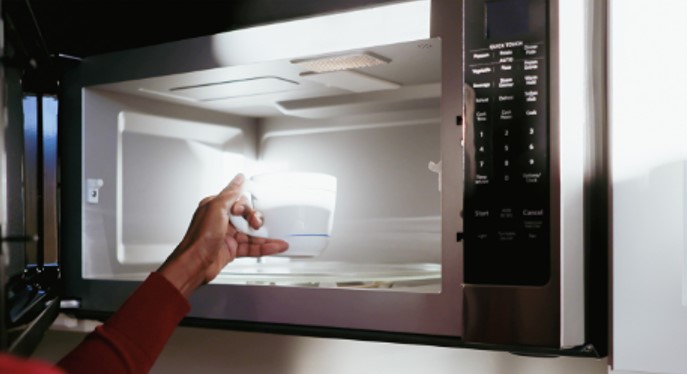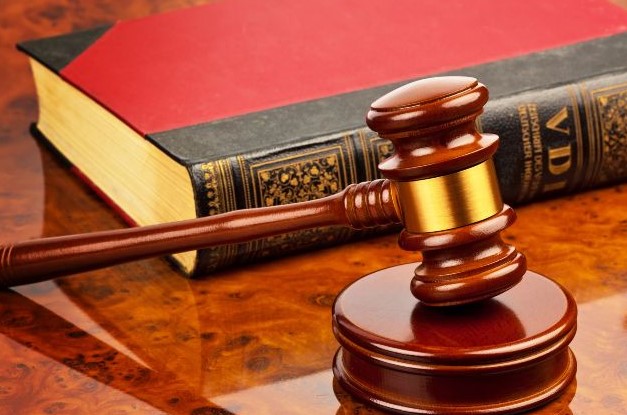Justices weigh scope of attorney-client privilege in crypto tax probe

(Reuters) – The U.S. Supreme Courtroom on Monday wrestled with to what extent legal professional-shopper privilege shields lawyers’ communications with their clientele from disclosure when the files contain a lot more than just lawful suggestions and handle other issues.
The justices read arguments in a legislation firm’s attractiveness of court docket orders keeping it in contempt after it refused to comply with a federal grand jury subpoena in a prison tax investigation of a person of its purchasers and change about specified communications.
The business, whose title is sealed, specializes in worldwide tax troubles and recommended a client that the govt says was an early promoter of bitcoin who expatriated himself from the United States in 2014.
The regulation agency states it ready the client’s tax returns and also delivered authorized advice on how to determine ownership of cryptocurrency property and benefit them.
In response to a grand jury subpoena in search of data connected to the preparing of the client’s tax returns, the organization created over 20,000 pages of records but withheld other folks citing lawyer-client privilege.
When a courtroom ordered it to convert more than about 54 many others, it resisted. These documents, the company said, ended up “dual-purpose” communications that contained legal suggestions as properly as non-authorized, guidance relating to that planning of its tax returns.
But the San Francisco-centered 9th Circuit Court docket of Appeals upheld the lessen-court docket choose in declaring legal advice had to be the “main” purpose of the interaction to qualify for lawyer-client privilege.
That ruling was at odds with what some other federal appeals courts have dominated in comparable cases. The legislation firm’s appeal of the 9th Circuit’s ruling is remaining closely watched by lawyers’ groups like the American Bar Affiliation, which submitted a quick supporting it.
Daniel Levin, a lawyer for the regulation business at Munger, Tolles & Olson, argued the 9th Circuit’s adopted an “inherently extremely hard” tactic for judges to implement in sorting out regardless of whether a communication is safeguarded.
He argued in its place that it was more than enough to show authorized information was a “major purpose,” a normal that “guards clients’ capability to find bona fide authorized information from legal professionals in condition where by authorized and non-legal needs won’t be able to be divided.”
Assistant Solicitor General Masha Hansford countered that the expansive regular Levin advocated would imply “any non-pretextual lawful objective, no issue how small, will do.”
But Chief Justice John Roberts claimed the Justice Department’s slender approach “genuinely places a ton of function on the judge” in necessitating them to “parse” by means of documents to identify if their principal intent was legal assistance or not.
Conservative Justice Clarence Thomas, on the other hand, raised concerns about legal suggestions remaining a substantial but “pretty insignificant subsidiary issue” of a business interaction, a issue the court’s 3 liberal justices echoed.
“I do not know why law firm suggestions which is predominantly enterprise should really be guarded basically for the reason that you sneak in some small authorized consideration,” Justice Sonia Sotomayor mentioned.
Liberal Justice Elena Kagan mentioned no federal appeals courtroom until finally 2014 had instructed a distinct common should really implement. She jokingly questioned Levin to remark on “the historical authorized principle, of if it ain’t broke, will not resolve it.”
The scenario is In re Grand Jury, U.S. Supreme Court docket, No. 21-1397.
For the law company: Daniel Levin of Munger, Tolles & Olson
For the United States: Masha Hansford of the U.S. Office of Justice
Go through a lot more:
ABA asks Supreme courtroom for shopper privilege safety outside of what small business teams want
U.S. Supreme Courtroom grants overview in essential attorney-consumer privilege scenario
Our Requirements: The Thomson Reuters Have faith in Concepts.







